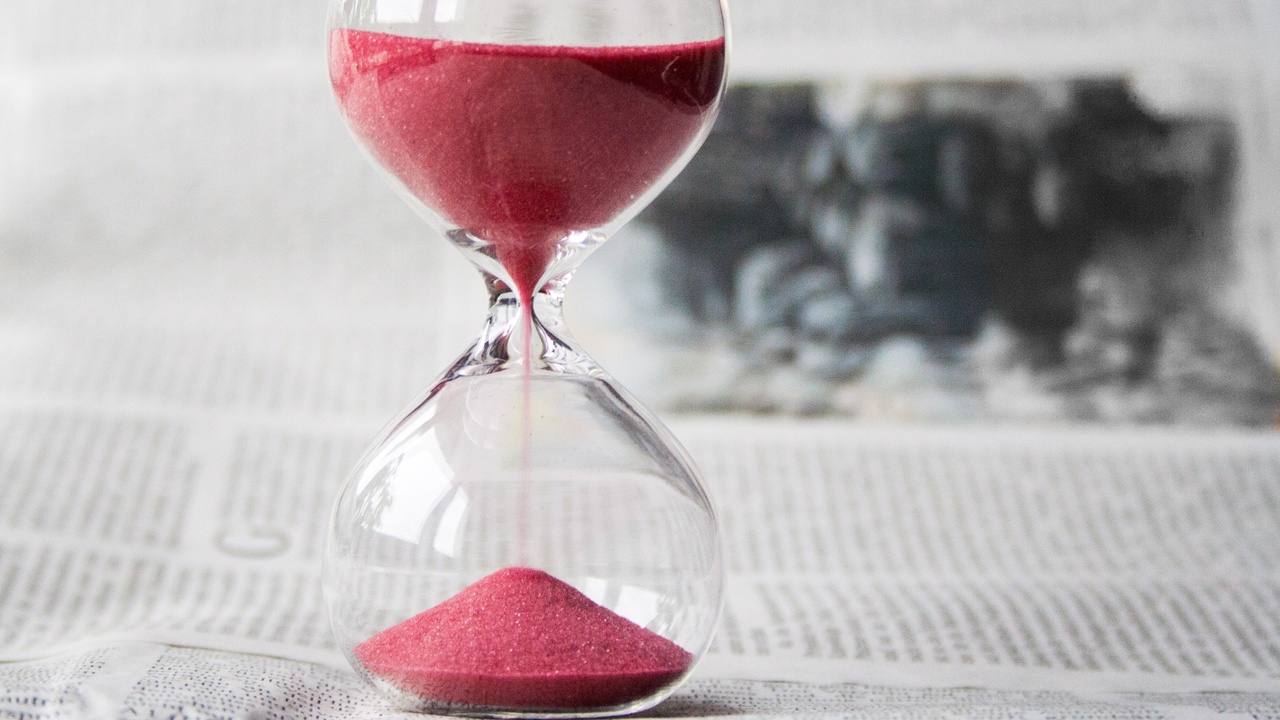8 Steps to Be Less Busy and Reclaim Your Time

Time is the one thing so many people feel short of and want to have more of. But we can’t create more time. We all get the same 24 hours. However, we can be more intentional about how we use it.
But we live in a world that seems to constantly embrace and encourage being over-busy, overcommitted, overscheduled, and overwhelmed. It is easy to get sucked into it.
Breaking the cycle can feel hard. But the benefits are worth the effort.
So, it is a useful exercise to spend some time focusing on addressing the things that drain your time, keep you too busy, and be more vigilant and proactive about what gets you time and attention as you move forward.
Reclaim your time and bust being busy so that you not only have enough time for what matters most, but also to protect your health, wellbeing, and quality of life.
Here are some steps to help you get started:
8 Steps To Be Less Busy and Reclaim Your Time
Step 1 – Identify what is really going on with your time. Awareness is the first step in creating change, so we need to heighten our awareness of what is going on with our time.
Every day for the next week (preferably for a month) carry out an audit of exactly what you spend your time on each day and why. This doesn’t have to be a big job. Just a simple piece of paper will do. It helps to make a chart listing the main categories, e.g. sleep, eating, work/business, family time, social media, phone, friends/socialising, relationships, mindlessly surfing the internet, exercise, binge watching tv, hobbies, etc.
At the end of the week/month, calculate how much time you are spending on each category a day. Use the outcome of your audit to decide if you are OK with that or if it is time to change.
Step 2 – as a result of your audit decide what you want or need to change. What will you put in place to address any areas that you think would benefit from doing something about?
Step 3 - Which activities could you spend less time on that would free up time for more important stuff? What action will you take to achieve this? When will you take the action?
Step 4 – What rules do you need/want to set for yourself to stop spending too much time on activities that contribute little value to your life and work? How and when will you implement them?
Step 5 - what commitments would you benefit from letting go of or stepping back from totally, even if it is just short term, to free up time for what is most important right now and to reduce stress and overwhelm? Be honest with yourself if you are overcommitting with things that aren’t necessary or add little value. What action will you take? When will you take it?
Step 6 - Learn to say “no” more! What would you benefit from saying “no” to more? (keep in mind that sometimes it is yourself, not just other people and other things that you need to say no to more often) What action will you take? When will you take it?
Step 7 – Embrace pacing as a self-management strategy in your life and work. It helps reduce feeling overwhelmed and support your personal effectiveness. This is such a simple strategy but very few people embrace it. It has so many benefits on so many different levels. Give it a go.
Step 8 – experiment with eradicating the word busy from your conversations. Don’t allow yourself to respond to the question, “how are you?” with “oh, you know, busy.” Stop buying into the unhealthy cycle of talking about how busy we all are all the time. It perpetuates the cycle.
The bottom line:
Get clear on what you need to address to be less busy, have more time, and protect what matters most from less important things. Doing this will also have a positive impact on your health, wellbeing, and quality of life, as well as helping you to reduce feelings of overwhelm and stress.
